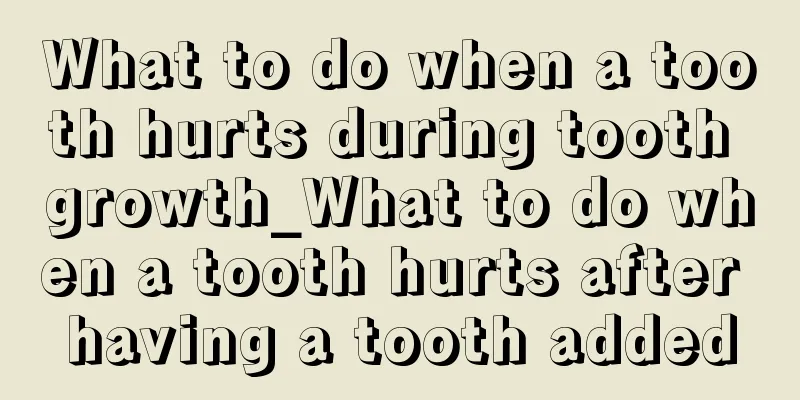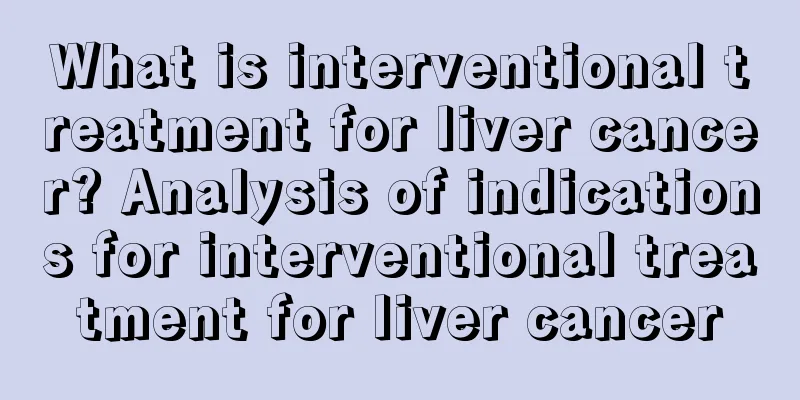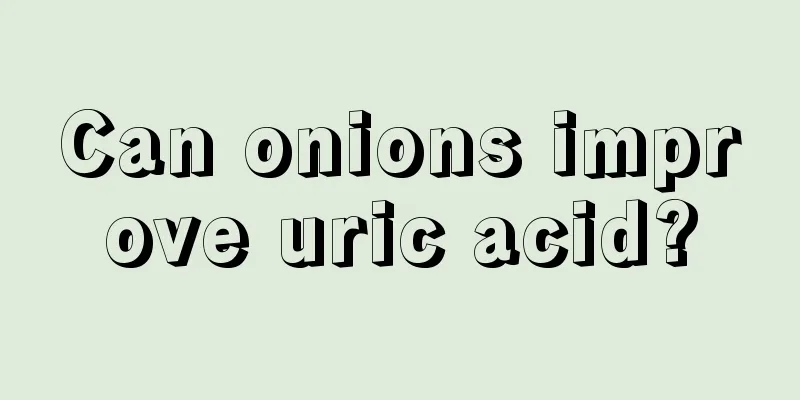What to do when a tooth hurts during tooth growth_What to do when a tooth hurts after having a tooth added

|
Teething is an important period for children. During this period, if parents provide proper care for their children, the children will not feel any discomfort. However, if parents do not pay great attention to their children, it is likely that their children will suffer from adverse symptoms such as toothache. So, what should you do if you have toothache when teeth are growing? Here we will introduce to you how to deal with teething pain and how to take care of your baby during teething. 1. What to do if you have toothache after adding a tooth These symptoms are related to the stimulation of local tissues by teething. You can take anti-inflammatory drugs appropriately and avoid eating raw or cold foods. The condition will gradually improve in a few days. 2. Care for your baby during teething 1. Massage your baby’s gums Parents can use their fingers to gently massage the baby's swollen gums, which can make the baby feel more comfortable. 2. Prepare frozen, soft foods If your baby is unwilling to eat and has no appetite, you can prepare some frozen, softer food for him. 3. Provide appropriate "tools" During the teething period, babies generally like to bite hard objects. To prevent babies from scratching and biting randomly, parents can prepare teethers for them. When eating carrots, apples or slightly hard vegetables, parents must be careful not to let babies bite too much and choke. Usually, you should also be careful not to let your baby get coins, peanuts, small toys and other things that are easy to swallow, so as to avoid the baby putting them in the mouth and accidentally choking them in the throat. 4. Timely care and concern During the initial teething period, babies need more care and attention from their parents, which can soothe their emotions and make them feel warm and comfortable. 3. What can’t babies eat when they are teething? 1. Tetracycline drugs. Tetracycline drugs can cause teeth to turn yellow or black. Usually, pregnant and breastfeeding women and babies under eight years old who use tetracycline drugs may have tetracycline teeth, especially if the baby takes them before the age of five. 2. Water with excessive fluoride content. The development and mineralization of permanent teeth is completed before the age of 6-7. The most suitable fluoride content in drinking water is maintained within 0.5-1ppm. This concentration can prevent dental caries and will not cause chronic fluoride poisoning. If you drink water with too much fluoride for a long time during the period of tooth development and mineralization, it will cause yellow spots on the teeth (medically called fluoride enamel or fluorosis) and even lead to chronic fluoride poisoning. 3. Sweets and carbonated drinks. Candies and sticky sweets easily adhere to the tooth surface and between teeth, where they can ferment and produce acid, causing tooth decay. Carbonated drinks can also easily cause tooth decay and affect appetite, so avoid letting your baby eat snacks or candies before meals, especially before going to bed. |
<<: A little trick to treat toothache caused by cold
>>: Toothache, after getting a face-lift injection, cause
Recommend
Can a person live without lungs?
Our human body has many organs, and each organ ha...
15 cancer signs in men and women
1. Changes in testicles The most common age group...
The efficacy of orange peel pillow
Nowadays, people's insomnia is becoming more ...
What are the characteristics of stable angina?
The occurrence of stable angina pectoris actually...
What are the menstrual manifestations of endometrial cancer? Do you know these three manifestations?
If you have endometrial cancer, your menstrual cy...
What are the methods for treating vitiligo
Vitiligo, also known as white spots, is a sudden ...
Is it good to sleep all the time if you have brain cancer?
Brain cancer is a malignant tumor that occurs in ...
What does floating pulse mean?
As we all know, there are many pulse conditions o...
How to make your own shampoo
Hair care is an aspect that people pay great atte...
What is the difference between state powder and drawing powder?
Fishing is a very interesting thing. People often...
The most common early symptoms of melanoma
Melanoma is one of the surgical diseases. Most pe...
Why does my right cheek hurt?
The human cheek is the part of the body that is m...
What is the correct way to massage the Jianjing acupoint?
As we all know, there are many acupoints distribu...
How to differentiate prostate cancer from other diseases
In recent years, prostate cancer has become one o...
What can I eat to cure dry and bleeding stools
Our body's waste is excreted through sweat, f...









